-
Posts
595 -
Joined
-
Last visited
Content Type
Profiles
Blogs
Forums
American Weather
Media Demo
Store
Gallery
Posts posted by sokolow
-
-
On 8/21/2023 at 10:43 PM, NorthHillsWx said:
Rant over. I just think days in advance people were calling this a catastrophe and it was very clearly going to be the exact kind of rain event the region needed to put the nail in the coffin of the perma drought
The time of rejoicing & jubilee for CA, the Great Basin, and the Colorado plateau started in November last year, when those regions started loading in record and near-record snowpacks. IMO There’s nothing more beautiful than the smell and feel of soft rain in alpine semidesert.
Snowfall on Kolob Reservoir Road, November 2022
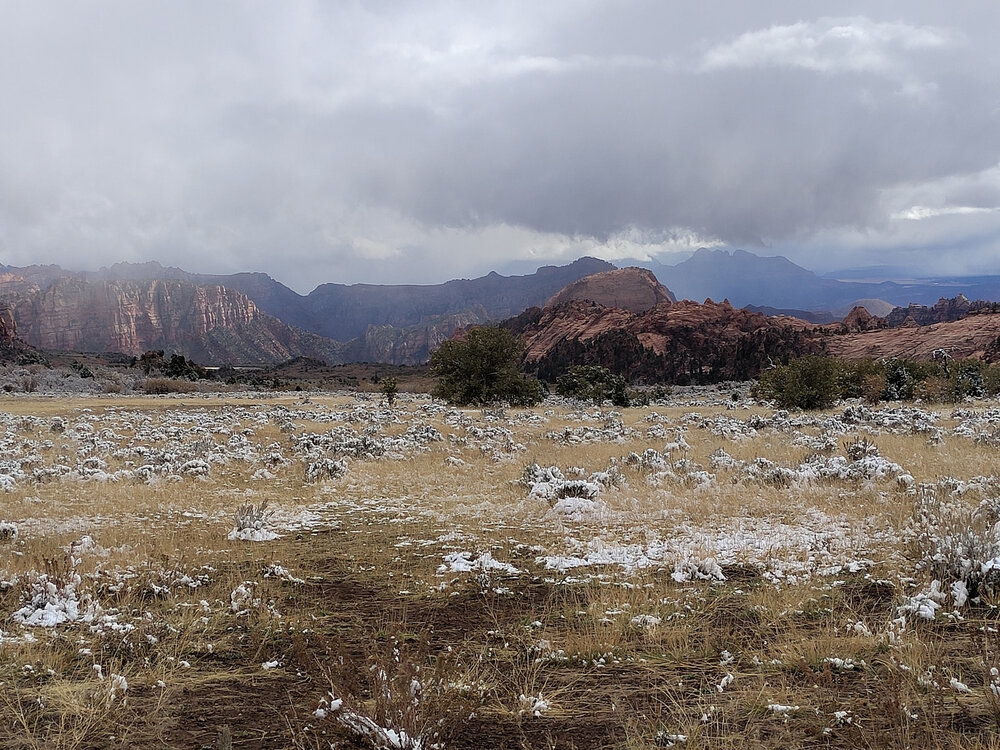
As Jay Lund and Andrew Rypel commented at California Water Blog in March this year, California’s drought was largely over in terms of soil moisture, snowpack, and reservoir storage. However, they also note that the preceding years of intense drought left what might be described as a huge hydrologic debt and the state still in a condition of chronic water overdraft. Put in groundwater terms, they wrote:
QuoteCalifornia relies on groundwater overdraft for about 2 million acre-ft/year of its water use. This, plus reductions of water availability from climate change and more modest increases in environmental flows for rivers, mean fallowing 1-2 million acres of irrigated land in California is unavoidable, mostly in the southern Central Valley. Retiring land from irrigated agriculture will be the main approach for responding to chronic water shortages. This is difficult for policy-makers to accept, as evidenced by extended disproportionate rhetoric on expanding surface storage and groundwater recharge. New expanded surface storage and aquifer recharge are useful cards, but not nearly enough for a full deck. This problem is important enough that we should play with a full deck.
As to Hilary, the most concise and clear statement I saw was in a news item from CBS Los Angeles, which gives some commentary from resource manager from the CDWR,
Quote"Most of the reservoirs in the state are in very good shape, but that's because of this wet winter and spring that we had," said Jeanine Jones, with the California Department of Water Resources. "This one storm moving through very quickly, really not terribly significant."
Days before the storm's arrival, the U.S. Drought Monitor released the latest drought map of California, showing that the vast majority of the state is completely without drought for the first time in years.
"The obvious thing to say is fall is generally Southern California's peak or most active fire season, when the Santa Ana winds begin to kick in," she said. "As long as these storms don't spark lightning, which causes fires, generally speaking, dampening things down during warm summer months is usually good."
In short, I agree there might be cause to be annoyed by misplaced / absent post-Hilary coverage of what was a very usual and potentially dangerous weather event. However, I think the reason is seen in this pull from the NYT:
QuoteCalifornia Evades Catastrophic Damage From Rare Tropical Storm
“I can’t remember a major storm in which we had no fatalities,” Zev Yaroslavsky, a former Los Angeles county supervisor and city councilman, said Monday. “We were prepared and, as a result, we made our own luck.”
Emphasis mine; basically what we can say is that the many and varied government and private organizations involved in emergency management did a really good job forecasting, communicating, and responding to this hazard. They warned and protected the public, and people in general did a good job taking measures to prepare themselves, their families, and their communities. That’s not a bad thing at all, and should be talked about.
-
 4
4
-
-
Double rainbow over Sox field and some interesting cloud motion, that’s it from my viewpoint on the South side
-
FYI for all of you who are pros, degreed, informed enthusiasts etc. I just wanted to say again I appreciate the work you do putting together informative posts with detailed reasoning for events like those forecast for today and tomorrow. Our company is in the field every day, and what may or may not happen weatherwise impacts not only our safety but what it is responsible for us to attempt given the timing and potential conditions. Your discussion helps me understand what is coming from the traditional news media, consumer grade weather apps, and the NWS. All in all your disco frequently exceeds in quality the commentary from the commercial forecast service our company retains.
Lastly, I can’t say enough how much I value the NWS, its high quality products, communication and the willingness of its professional staff to discuss its thinking in its AFDs as well as informally on places like this board
-
 11
11
-
-
Unbelievable. I’ll keep an eye out and browse around the WFOs, but if any of you run across a good analysis with historical context and synoptic discussion please post it along
-
 1
1
-
-
you can just hear the sirens going off to the northwest
-
 2
2
-
 1
1
-
-
other than some swift cloud motion and entertaining scud, pretty sedate view of the warned area from near old comiskey
-
We have a fairly sizable excavation open at work so I anticipate that our day tomorrow will be reminiscent of like, the experience of the navvies who built the trans-canada railroad circa 1884, but with less whiskey and racial violence
-
 1
1
-
 1
1
-
 1
1
-
-
:/
Colorado Paramedic Who Came to Help New York Dies From Covid-19
For three weeks, Paul Cary transported coronavirus patients to hospitals by ambulance. He had already signed up for a second 30-day deployment in New York when he started feeling sick.
-
 4
4
-
-
I posted about the Navajo nation upthread; on the northern Plains two of the Sioux tribes in SD have thrown up screening checkpoints for at their borders. SD governor wants them removed, a friend tells me the Sioux council’s response boiled down to “see you in court”
<< (CNN)The governor of South Dakota has given an ultimatum to two Sioux tribes: Remove checkpoints on state and US highways within 48 hours or risk legal action.
Gov. Kristi Noem sent letters Friday to the leaders of the Oglala Sioux Tribe and the Cheyenne River Sioux Tribe demanding that checkpoints designed to prevent the spread of coronavirus on tribal land be removed, the governor's office said in a statement.
"We are strongest when we work together; this includes our battle against Covid-19," Noem said. "I request that the tribes immediately cease interfering with or regulating traffic on US and State Highways and remove all travel checkpoints."CNN has reached out to both tribes for comment.
According to Cheyenne River Sioux Tribe checkpoint policies posted on its social media, its reservation residents may travel within South Dakota to areas the state has not deemed a Covid-19 "hotspot" if it's for an essential activity such as medical appointments or to get supplies unavailable on the reservation. But they must complete a health questionnaire when they leave and when they return every time they go through a checkpoint.
South Dakota residents who don't live on the reservation are only allowed there if they're not coming from a hotspot and it is for an essential activity. But they must also complete a health questionnaire.>>
-
 3
3
-
-
A BoE breakdown of impact on NYC via @Patrick_J_Egan
https://twitter.com/Patrick_J_Egan/status/1259110222813106177?s=20
To date since start of outbreak in NYC, ~1/150 adult New Yorkers hospitalized as a result of C19. Tab on right breaks it down further and it works out to ~1/360 NYC adults dead, within that subset, ~1/60 of New Yorkers above age 75 dead.
-
 2
2
-
-
About half returning PCR+ results were pre/asymptomatic, or subclinally symptomatic. The community screening team was confident in their medical history taking being pretty thorough.
Here are some broader demographics for the tract; positive PCR results were concentrated in the 40%ile income tranche and lower
-
 2
2
-
-
“The results so far suggest that those who are at highest risk for infection are those who cannot easily shelter in place due to job loss, furloughs, or because they are providing the essential services. Among those who tested positive, 90 percent reported being unable to work from home. In contrast, among those who tested negative, 53 percent reported no impact on their work or financial stability. Nearly 89 percent of those who tested positive earn less than $50,000 a year and most live in households of 3 to 5 people (59.6 percent) or larger (28.8 percent). Notably, people who lived outside the census tract but who go there for work were much more likely to test positive (6.1 percent) than residents (1.4 percent).” (UCSF)
”“The people who tested positive were overwhelmingly going to work,” said District 9 Supervisor Hillary Ronen, adding that many might have been undocumented, without any option but to go to work. She said that “basic needs need to be met” when people are in quarantine” (Mission Local)
-
 2
2
-
-
First look PCR results from study that aimed to survey one entire census tract in the SF mission district (022901, about Folsom / 25th), with an add-on during the last day for persons who commuted to the study tract for work. First-look serology results to follow.
https://www.ucsf.edu/news/2020/05/417356/initial-results-mission-district-covid-19-testing-announced
Of those tested, 1.4% of residents were PCR+, while 6.1% of commuting & working residents were PCR+
Of those working residents who were PCR+, 90% had no option to work from home. As a sample, those who were PCR+ were predominantly in lower income brackets
Given that, it is unsurprising that the majority of those who returned PCR+ test were Hispanic Americans; it is however surprising that the number of Anglos returning a PCR+ test was zero. Zero.
-
 2
2
-
-
We’ve been talking about population risk, age structure, SES and prevalence of preexisting conditions, and so on. All that is in play here. But what really stood out to me in this article was how in terms of transmission risk it doesn’t matter how densely populated a region is — if the community itself and the families that make up the community are closely connected. Navajo nation had a superspreader event at a tent revival back in early March and the attendees took it home. NYT article from early last April:
https://www.nytimes.com/2020/04/09/us/coronavirus-navajo-nation.html
Checkpoints, Curfews, Airlifts: Virus Rips Through Navajo Nation
More recent article notes that there’s now been 75 deaths.
-
 1
1
-
-
The whole point of the last six weeks of shelter-in-place and the disruptions that ensued was so that the places that didn’t have it bad, wouldn’t have to get it bad. So that Charleston wouldn’t be Chicago which wouldn’t be New York, which wouldn’t like Italy. It was to buy time so other regions and cities could design, develop, and implement the public health infrastructure and individual & collective & organizational practices so that people in every state could go about their lives. Public health is a paradox because even partial success looks like not much is happening. “Nothing happens” is the desired outcome.
-
8 hours ago, nwohweather said:
Again though it is an entirely different culture here. Believe me when I say it is obvious why these people seceded from the Union first in the Civil War.
Because their leadership class belonged to an aristocracy that passionately believed in rights of states, to enslave and own other human beings as chattel, and to enforce the slave system within their own states through mutilations and manhunts. Because they wanted the right to kidnap liberated Blacks from other states, and the right to extend their system of oppression to new territories. You should be proud to come from the state that raised the company of outnumbered Ohioans which met Longstreet’s men below Cemetery Hill, broke them, and drove them back in disorder to their lines.
Tearing down the slave power root and branch, with fire and sword is one of the best things this country ever did. Allowing the secessionist states to preserve the race system, with the century of segregation, disenfranchisement, terror, de facto serfdom, and organized campaigns of extrajudicial murder that followed was one of the worst. The lingering effects of that failure as a nation are plainly visible in the maps posted above.
-
 2
2
-
 2
2
-
-
-
3 hours ago, Jonger said:
I'd throw out political parties and just break it down by ethnicity and underlying health.
Where is type 2 diabetes prevalent, versus where it's not as prevalent.
Most prevalent in communities that have concentrated poverty, high levels of instability and stress in housing and employment, lack of control over schedule and other life circumstances. Difficulty of access to regular contact with endo trained PCP or PCRN. in rural areas access = drive time. Income is best predictor for Type II. Notice how easy it is to pick out American Indian nations.
-
 1
1
-
-
18 minutes ago, RobertSul said:
Absolutely. Fiscal responsibility on a personal level needs to be taught in schools. The thing is, people get very touchy on the subject of their spending habits.
Perhaps the curriculum could be designed by the MBA programs which educated our business and financial leadership who in turn created the strong national enterprises that have had no need to seek emergency loans or grants either now or in 2007-9, because they wisely saved several months to a year of operating costs in order to weather financial crises, natural disasters, and pandemics
-
 2
2
-
-
Even accepting that stance, when you’re unemployed your full time job is 1. finding work and 2. strategizing how to stretch your financial resources. It should not be to struggle with the UI system and starting packing your household cuz you fear you’ll be unable to make rent in the near to medium term.
-
 3
3
-
-
Pew Research had a good article on how many unemployed persons were actually able to claim and receive UI benefits, back in March before it really got spicy.
“Largely because state rules vary so much, the share of people the government counts as unemployed who actually receive unemployment benefits varies too. In March, just before the pandemic really began wreaking havoc on the economy, 65.9% of unemployed Massachusetts residents received benefit payments but only 7.6% of jobless Floridians did, according to Pew Research Center’s analysis of data”
The neutral way of putting this I suppose, is to say that UI systems are generally speaking, stringently designed to ensure that claimants meet and can demonstrate eligibility criteria such as no-fault discharge and availability for, willingness to take, and active search for employment. Its intended as an emergency supplement to savings, not a replacement for lost wages. The level of stringency can be seen state by state in the Pew graphic below. This stance has not synergized well with the current situation of many, and has affected access to the Federal supplement.
-
 1
1
-
-
7 hours ago, Stebo said:
Well in that case then we are truly ****ed. These are the same states and companies crying for money too. There needs to be a complete change in the way business is done after this because that is just gross negligence
A friend of mine in CA hasn’t seen the federal UI supplement yet, theoretical max benefit is 450/wk (if you make 100k, he didnt, so his is less). Spouse discovered her UI is strangled at 100/wk because she is being incorrectly penalized for a reporting error from a year ago that was supposedly favorably resolved, but, good luck getting ahold of anyone to get that fixed. That in turn seems to be affecting her federal UI supplement, and ...
Another friend in CA is furloughed / on reduced hours, not unemployed. Which is good, but also bad. Because that means the state has to process the employer derived notice that hours have been reduced but they want to retain the employee, and,
Another friend in Canada is stuck in a phone tree living nightmare, and can’t discern what is going on with his claim, what crack it fell through, or what is happening.
At any rate one can imagine how this stacks up against the rent on their (modest, financially responsible) residences in the greater Bay or Toronto areas.
-
 1
1
-
-
Many years ago I got into a claim denial related to an H&S issue with an employer and it basically resolved via standoff of: you can report it as decline to accept work and I’ll report it to OSHA, and we can have it adjudicated. that was a large pain in the butt and i wasn’t worried about making rent
-
 1
1
-
-
Stebo remember how last month people realized Florida had basically designed its UI system, to deny people access to UI. Pretty much the whole country is like that, only less blatant. Like Ohio just rolled out a website so your employer can conveniently report you as ineligible on account of having “refused work”
-
 1
1
-
 1
1
-



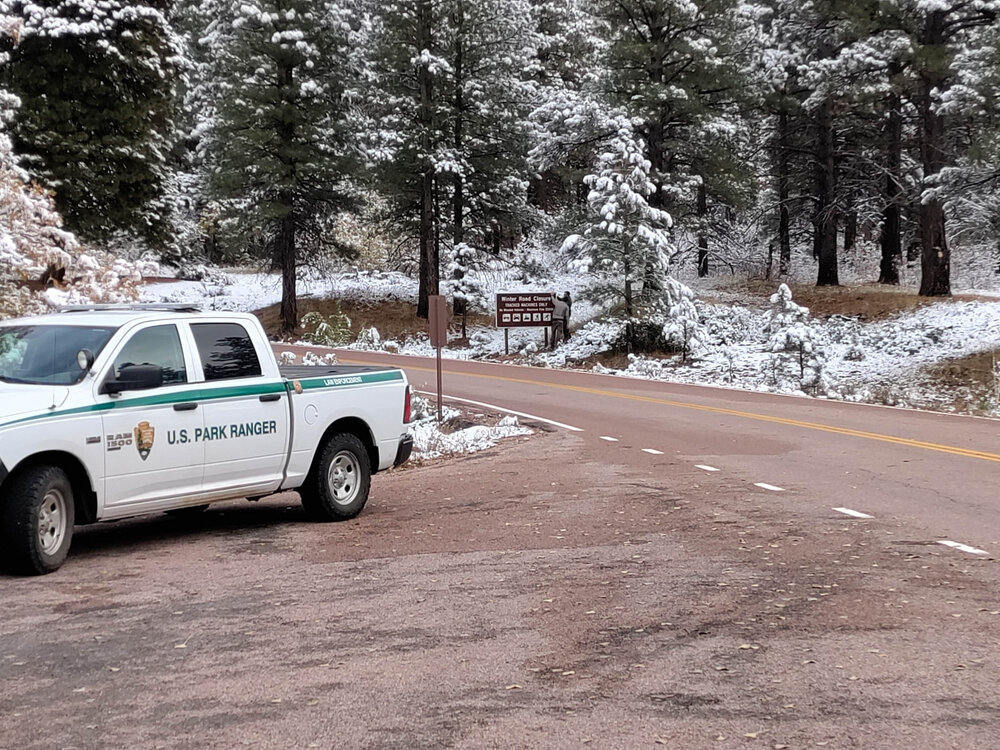
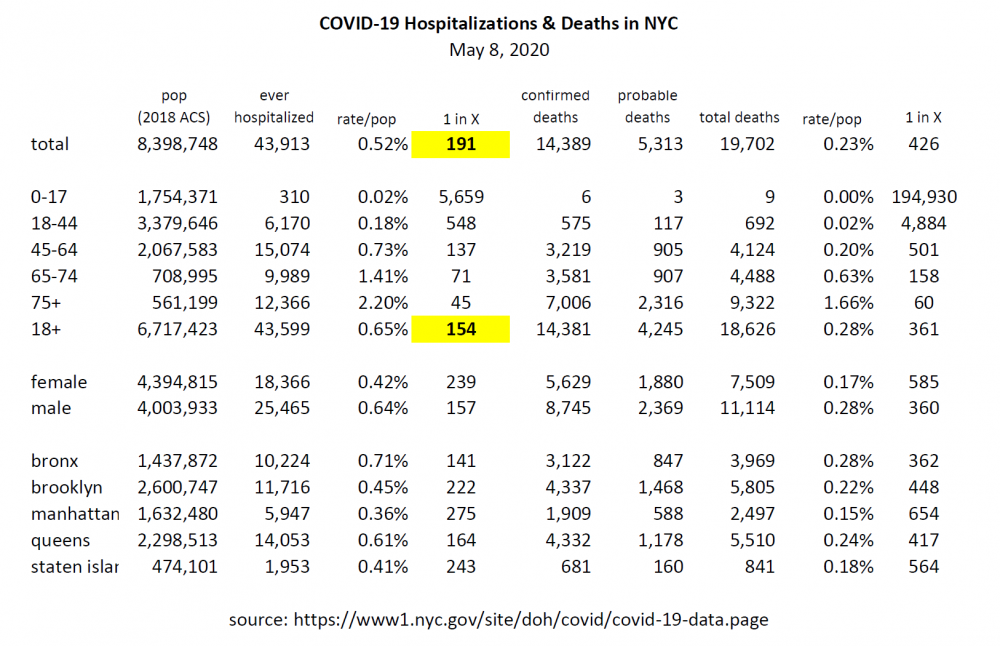
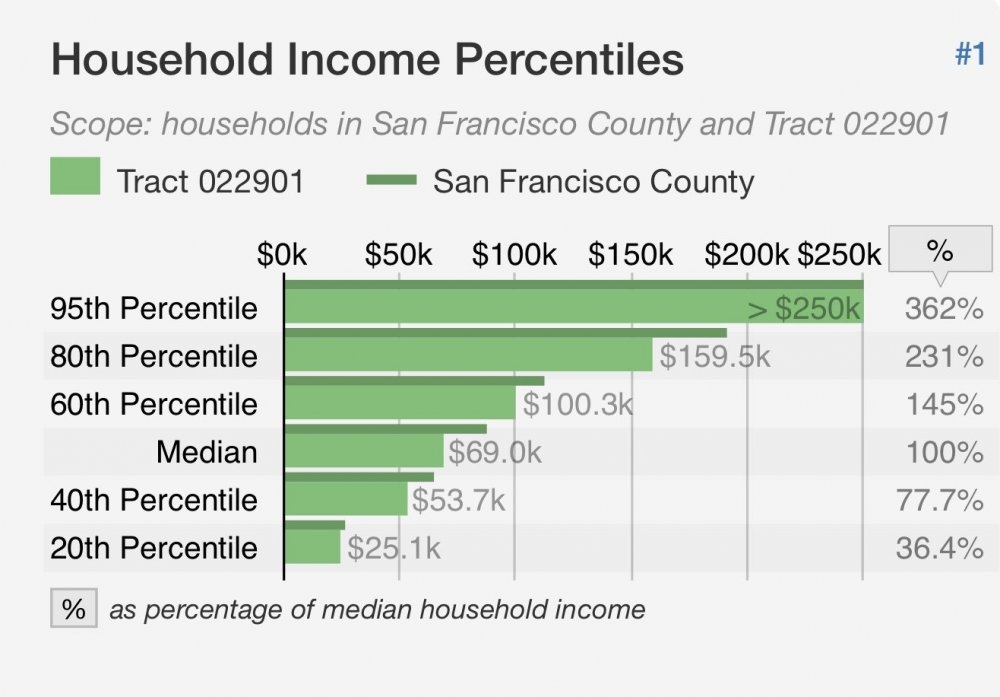
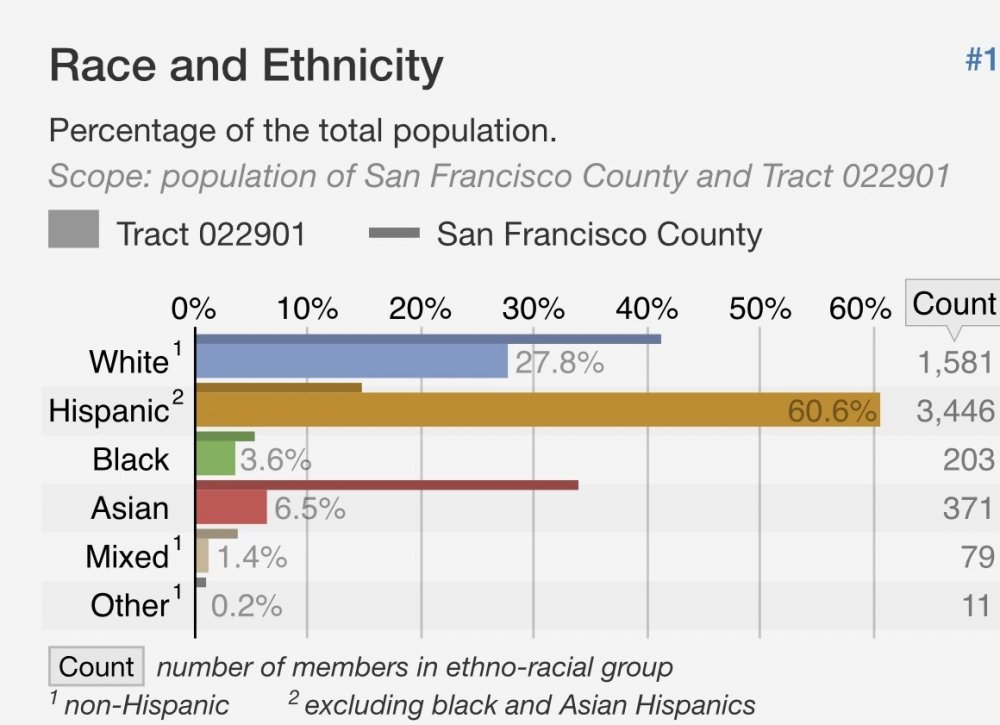
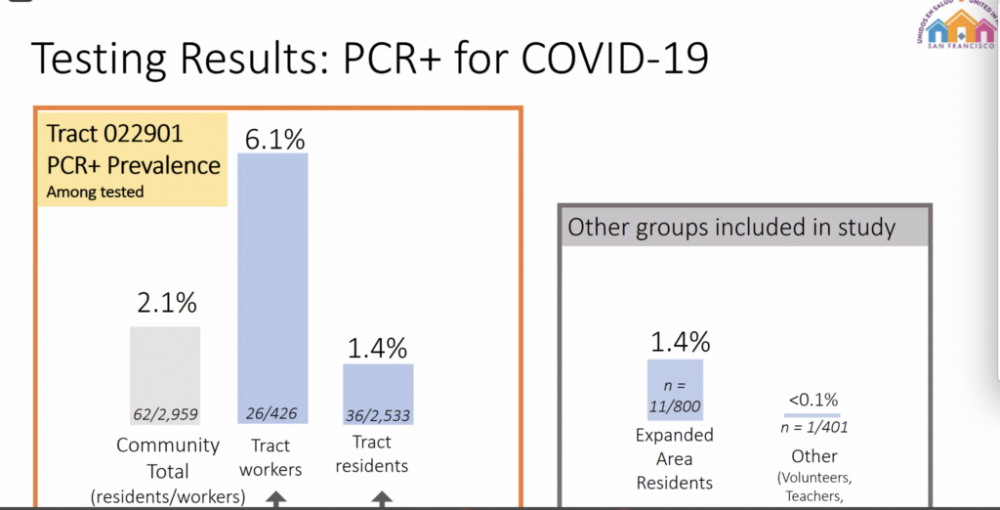
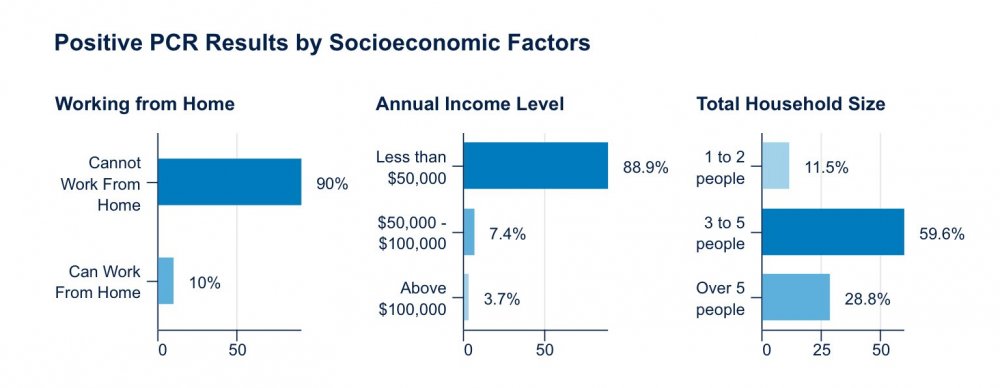
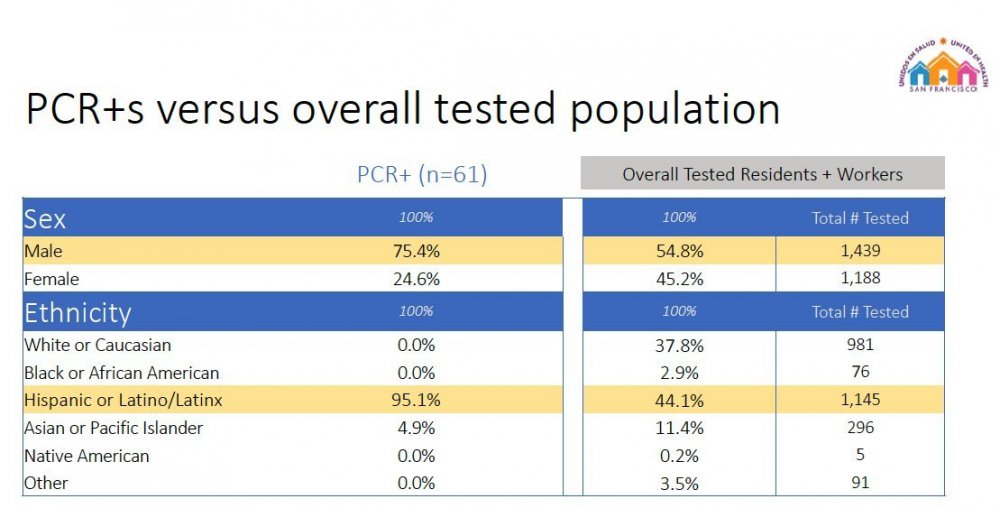
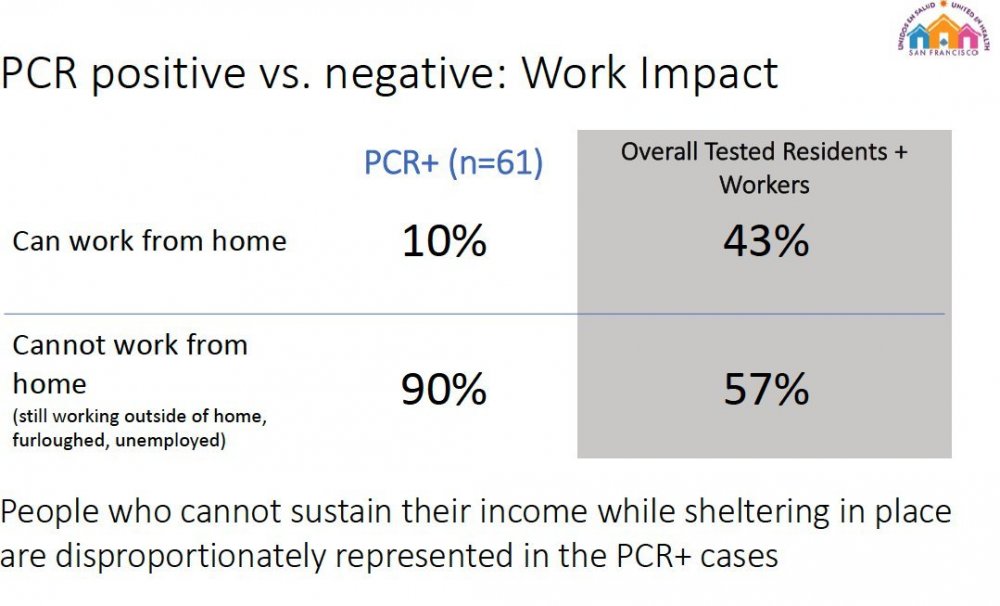
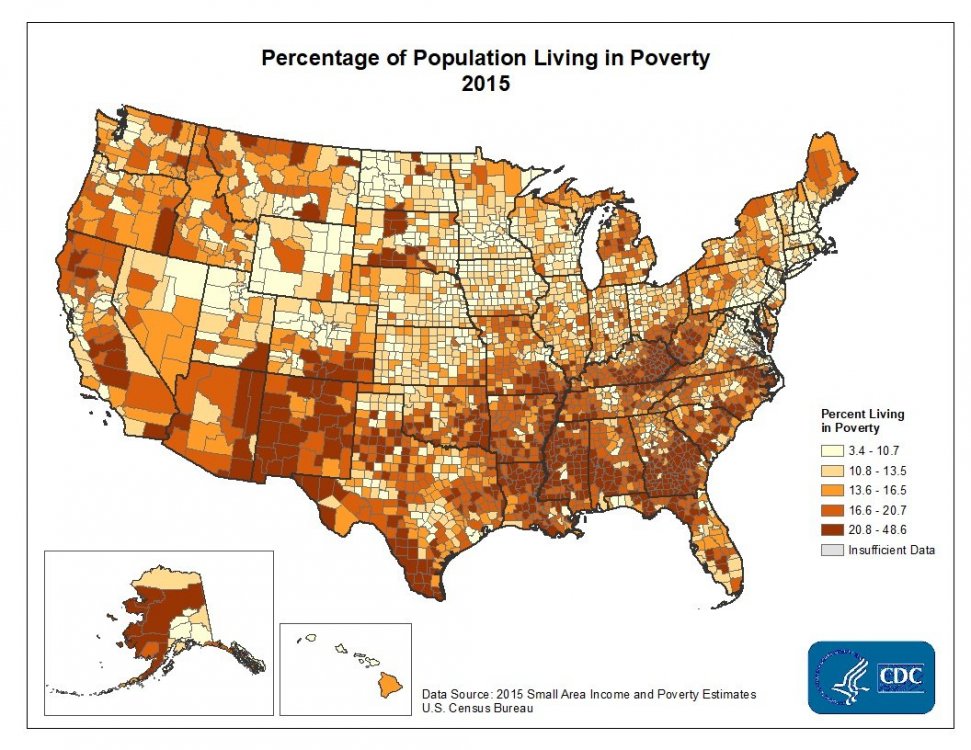
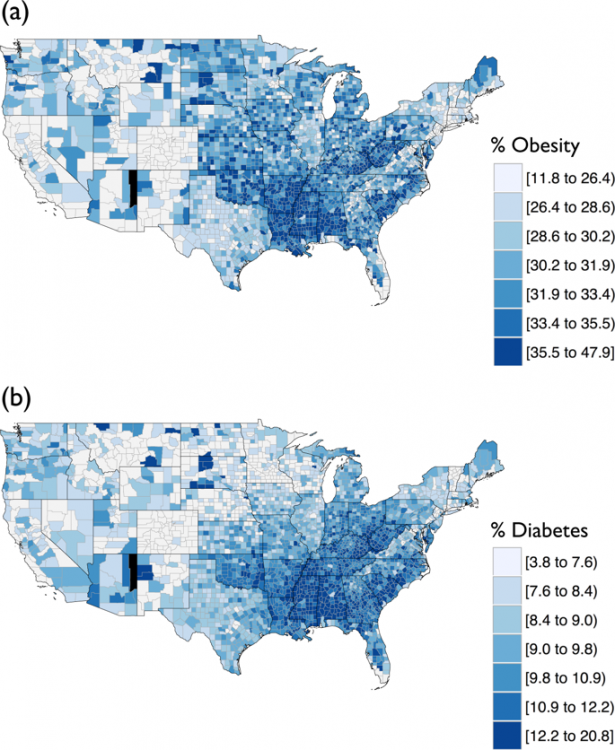
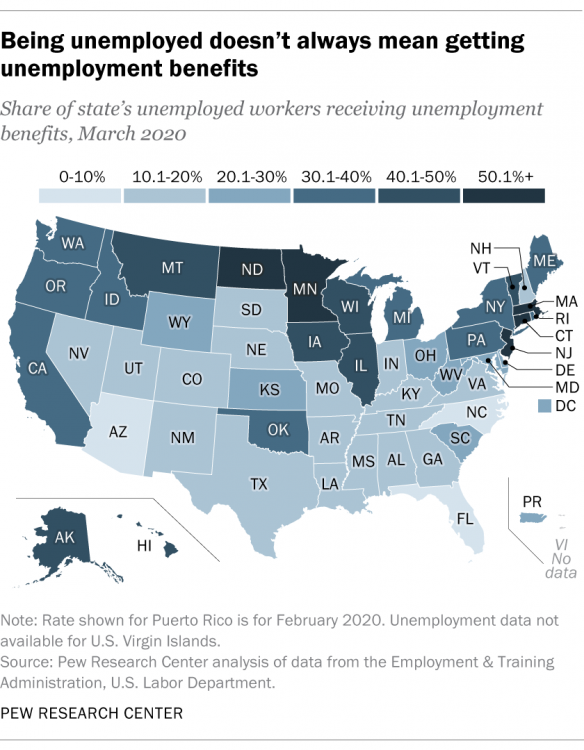
2025 Short Range Severe Weather Discussion
in Lakes/Ohio Valley
Posted
they got whacked pretty good, and the airport got thoroughly tossed. friend of mine has been posting pics. he expects to be out of power for a couple days yet. the extent of damage shown on KSTP, MPR, facebook is impressive